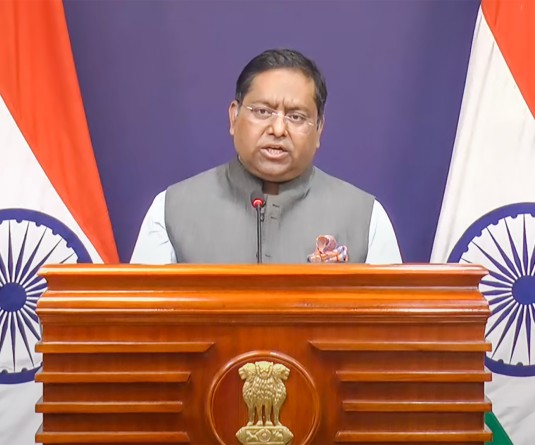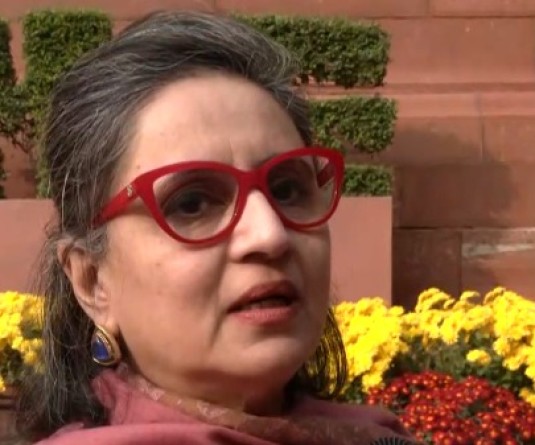File Photo Image Credit: Wikimedia

New Delhi, June 30 (PTI): Judiciary cannot be controlled, directly or indirectly, by the legislature or the executive, or else the 'rule of law' would become illusory, Chief Justice of India N V Ramana asserted on Wednesday and at the same time cautioned judges against being swayed by social media.
The new media tools that have an enormous amplifying ability are incapable of distinguishing between right and wrong, good and bad and the real and fake. Therefore, media trials cannot be a guiding factor in deciding cases," the CJI said, adding it is also imperative to start a discourse as to how social media trends can affect the institutions.
CJI Ramana made the observations while delivering the '17th Justice P. D. Desai Memorial Lecture'.
"For the judiciary to apply checks on governmental power and action, it has to have complete freedom. The judiciary cannot be controlled, directly or indirectly, by the legislature or the executive, or else the rule of law would become illusory.
At the same time, judges should not be swayed by the emotional pitch of public opinion either, which is getting amplified through social media platforms, the CJI said.
He added that the judges have to be mindful of the fact that the noise thus amplified is not necessarily reflective of what is right. It is therefore extremely vital to function independently and withstand all external aids and pressures.
"While there is a lot discussion about the pressure from the executive, it is also imperative to start a discourse as to how social media trends can affect the institutions, he added.
The CJI added that in a democratic country like India, access to justice forms the bedrock of the rule of law and urged all to extend a helping hand to those in need.
However, this guarantee of equal justice will be rendered meaningless if the vulnerable sections are unable to enjoy their rights because of their poverty or illiteracy or any other kind of weakness, he said.
He said that gender equality is very important and legal empowerment of women not only enables them to advocate for their rights and needs in society but also increases their visibility in the legal reform process and allows their participation in it.
Bias and prejudice necessarily lead to injustice, particularly when it relates to the minorities, he added.
The CJI said that any law backed by a sovereign must be tempered by certain ideals or tenets of justice. Only a State that is governed by such law, can be said to have the Rule of Law.






